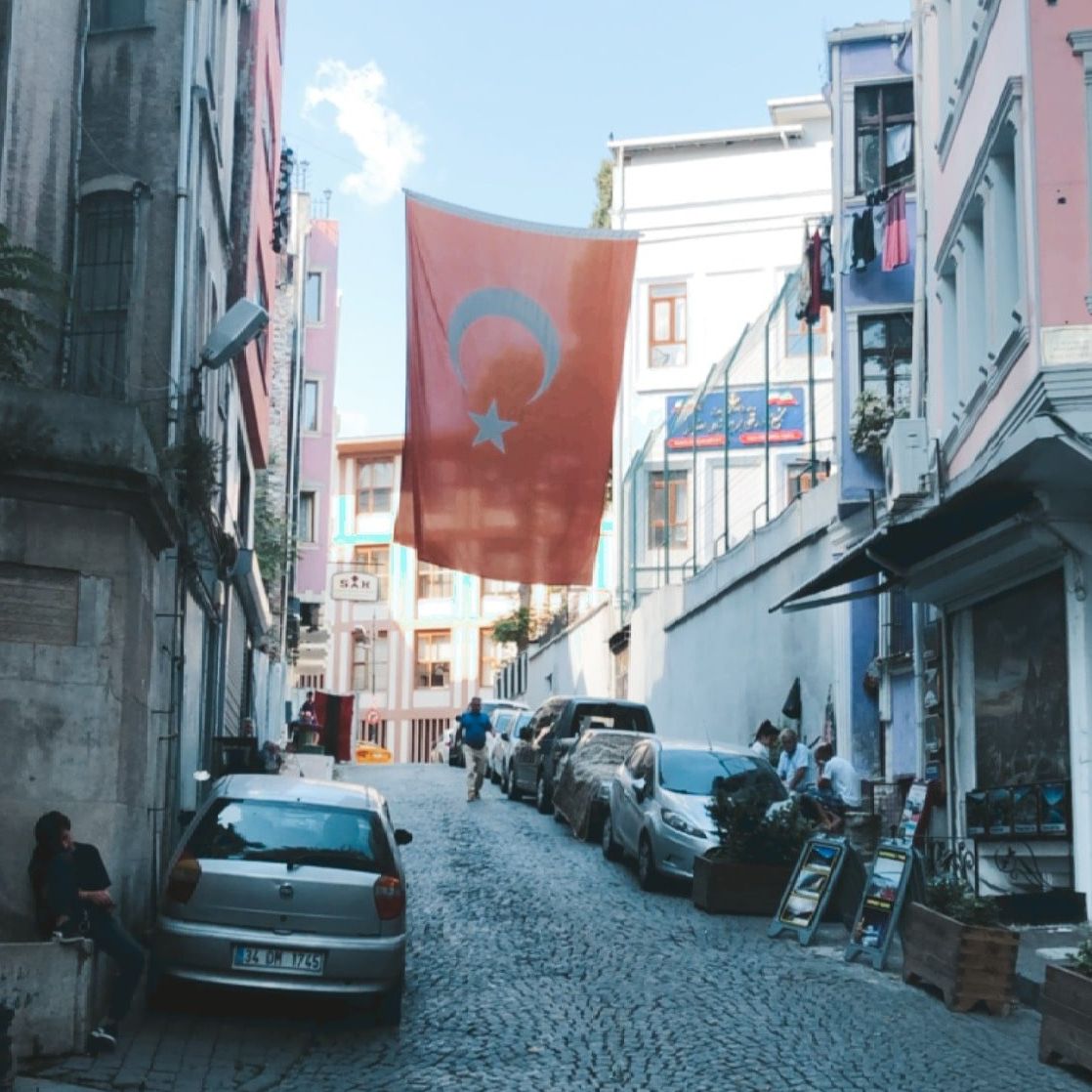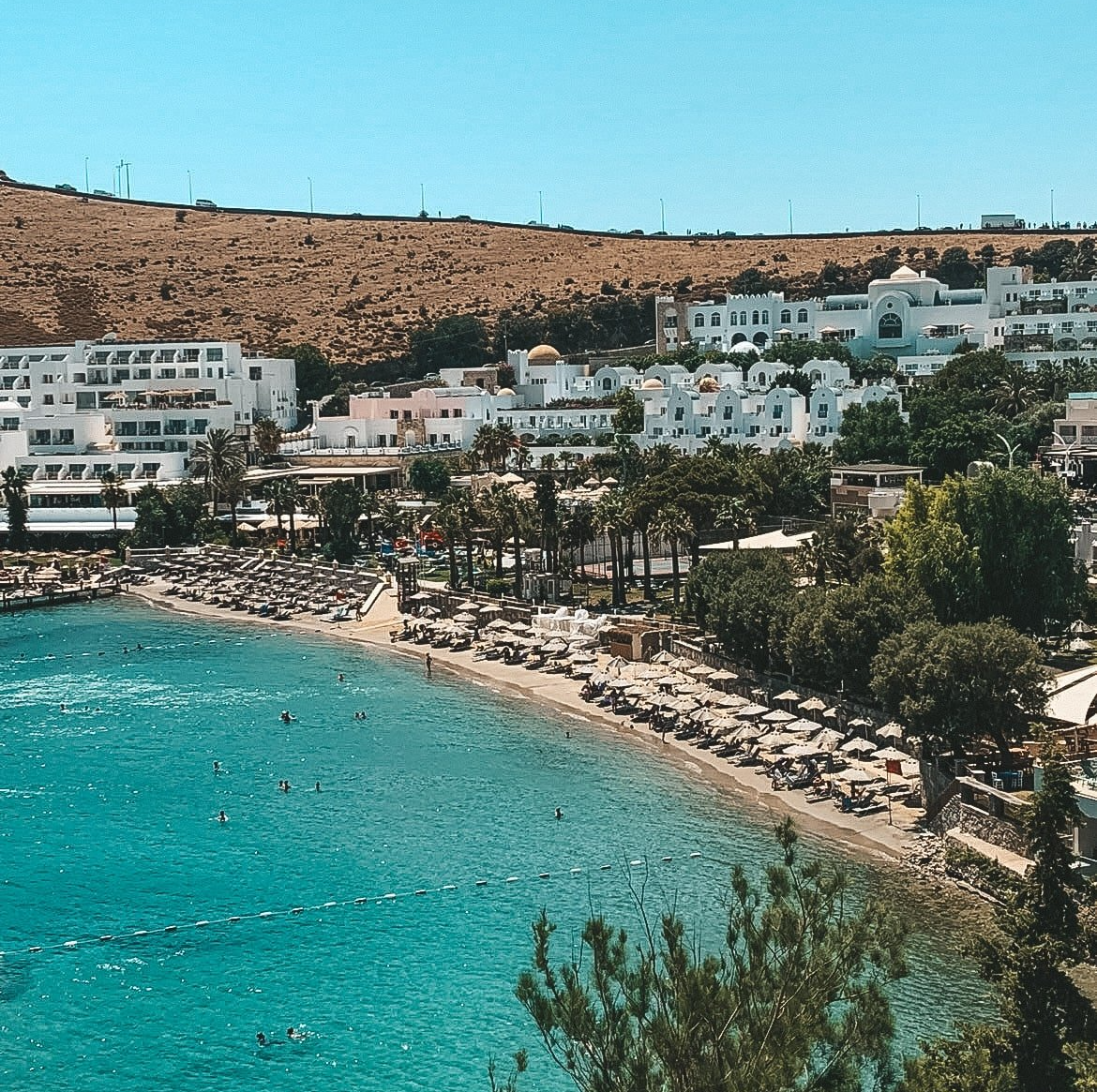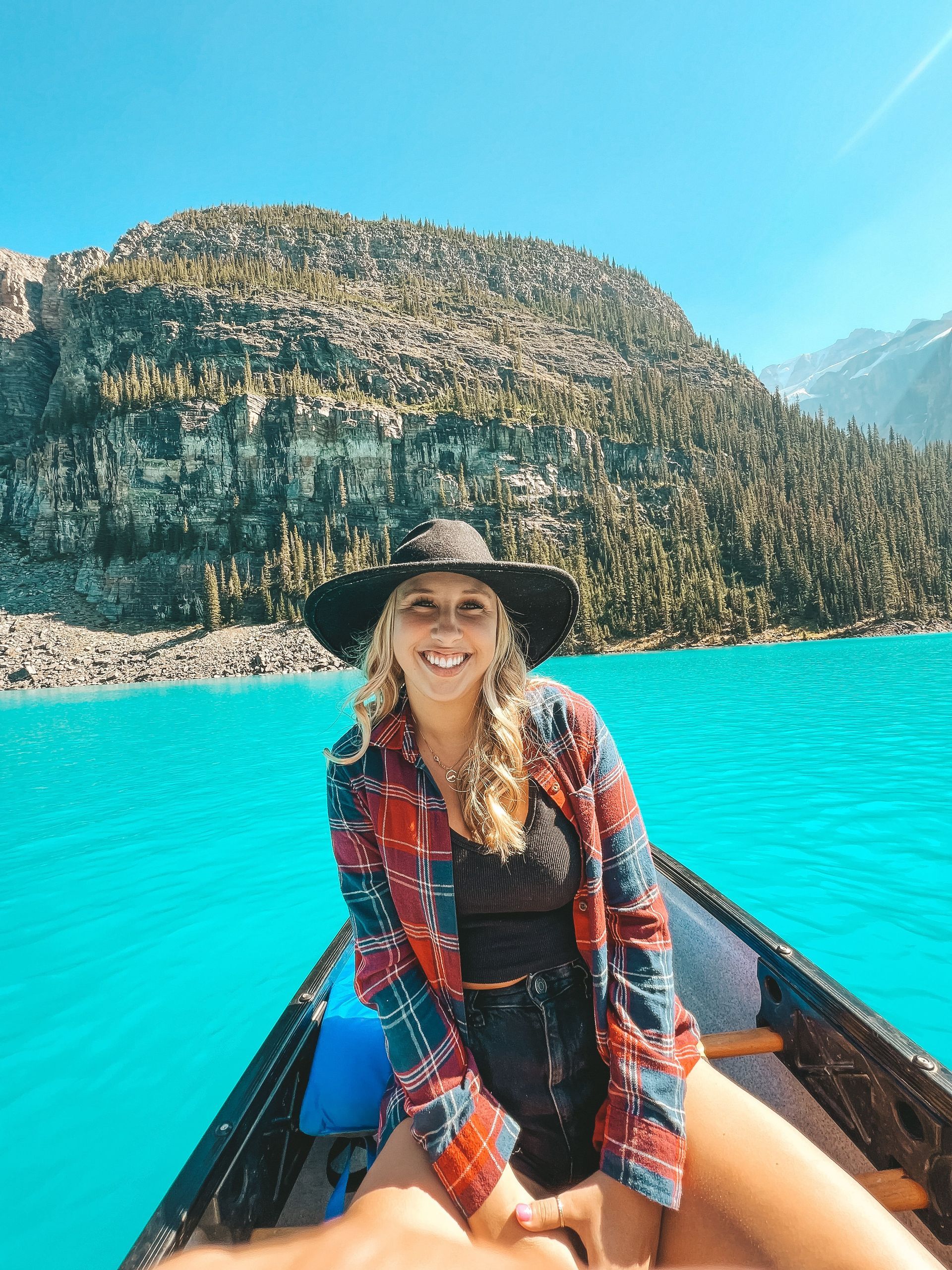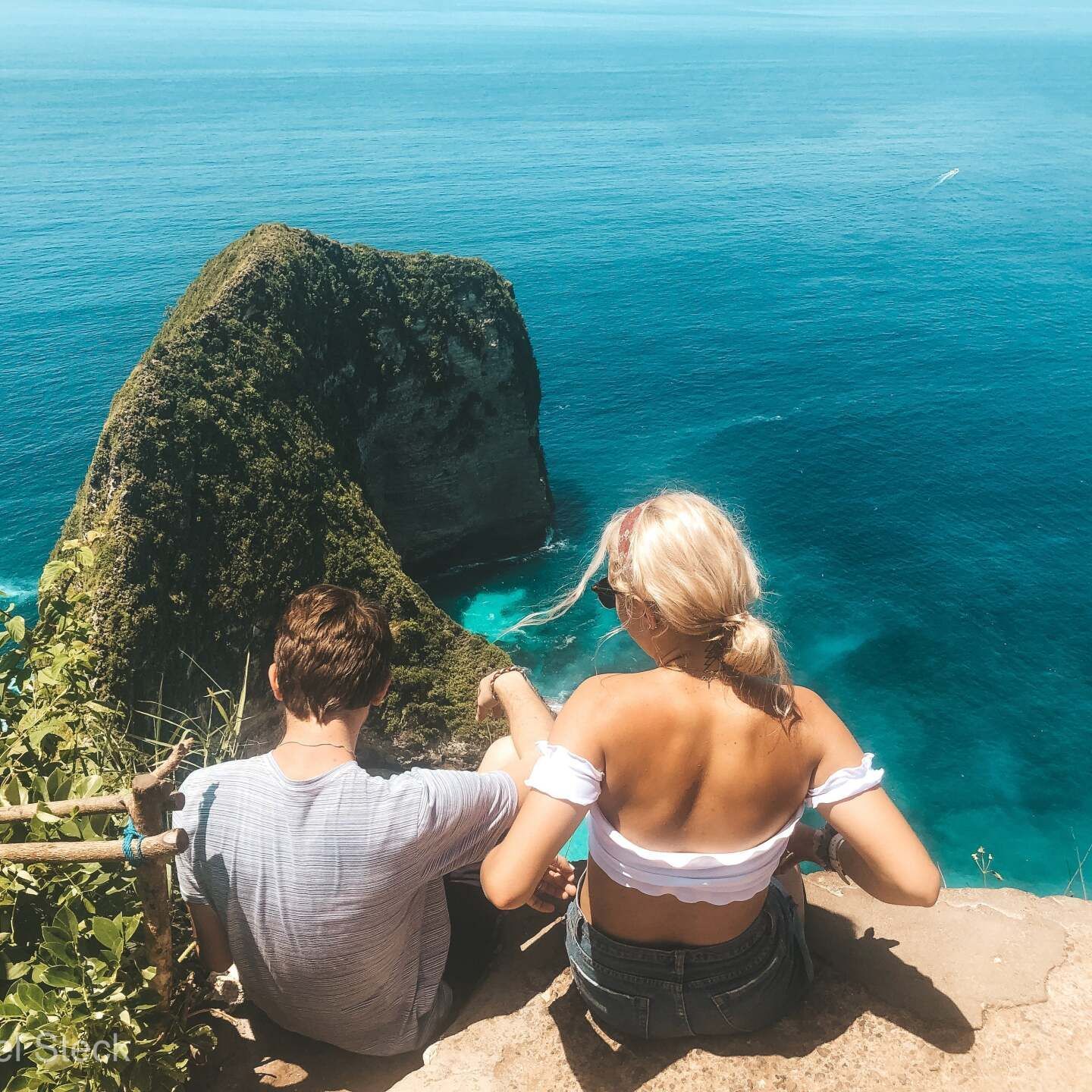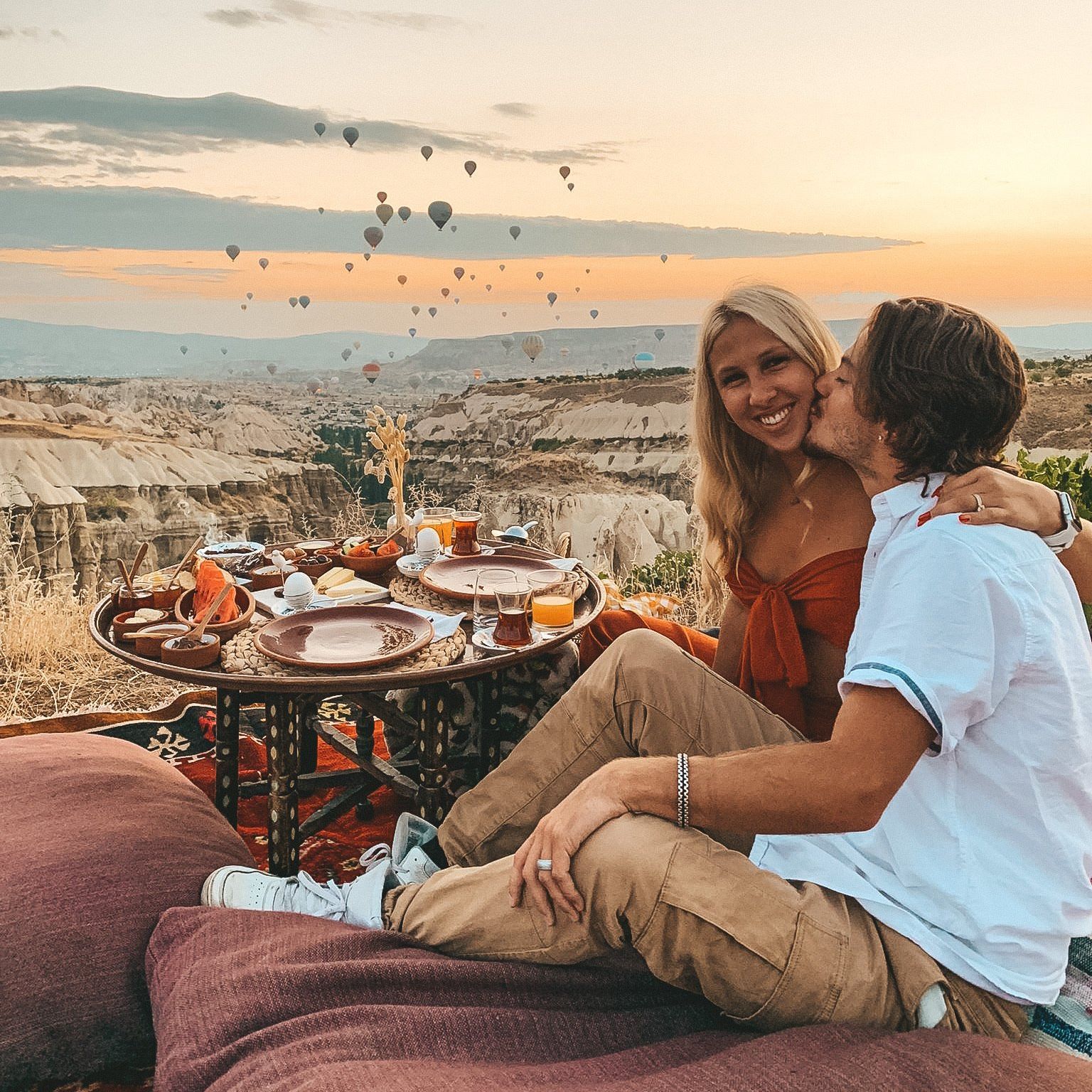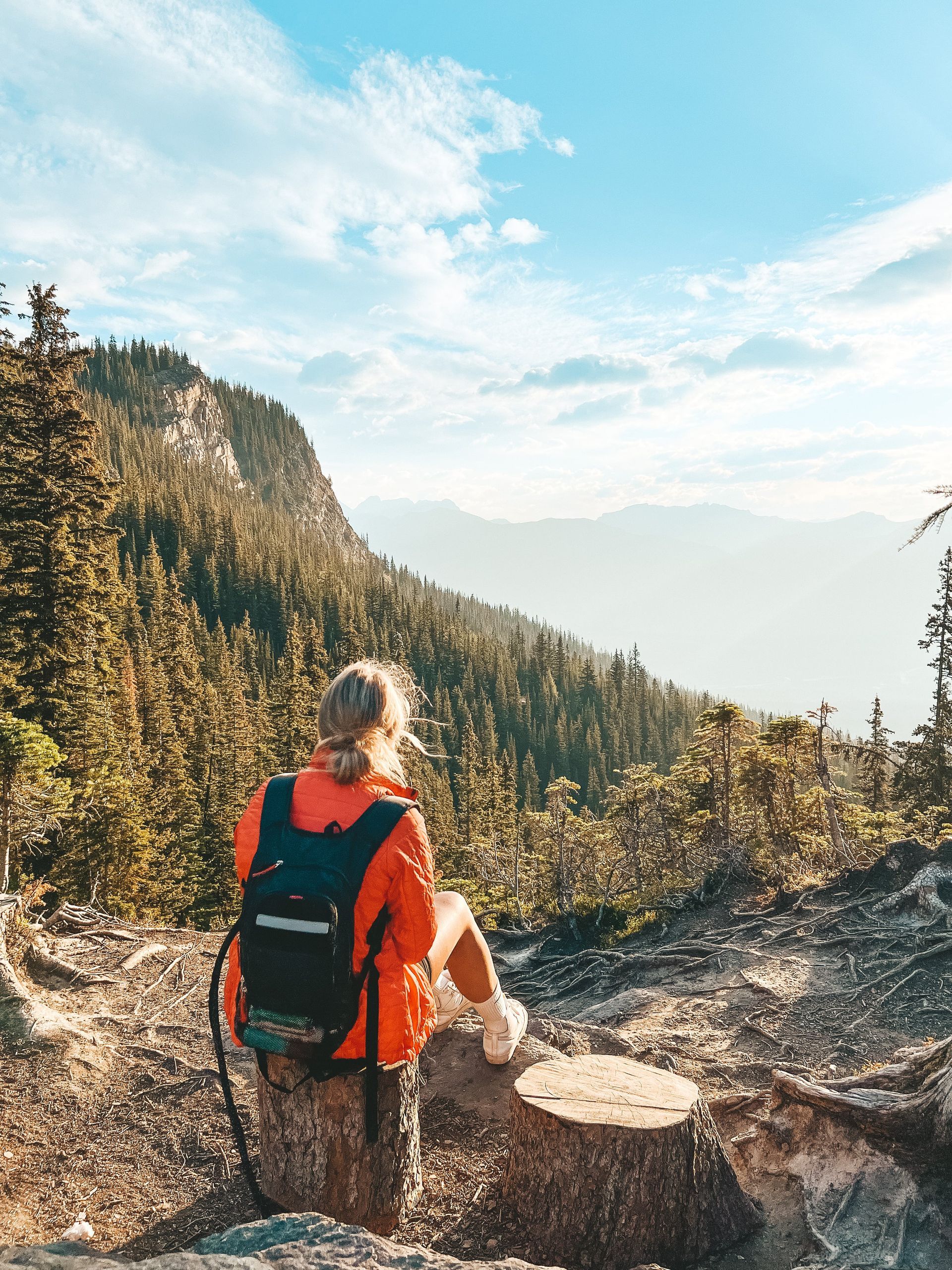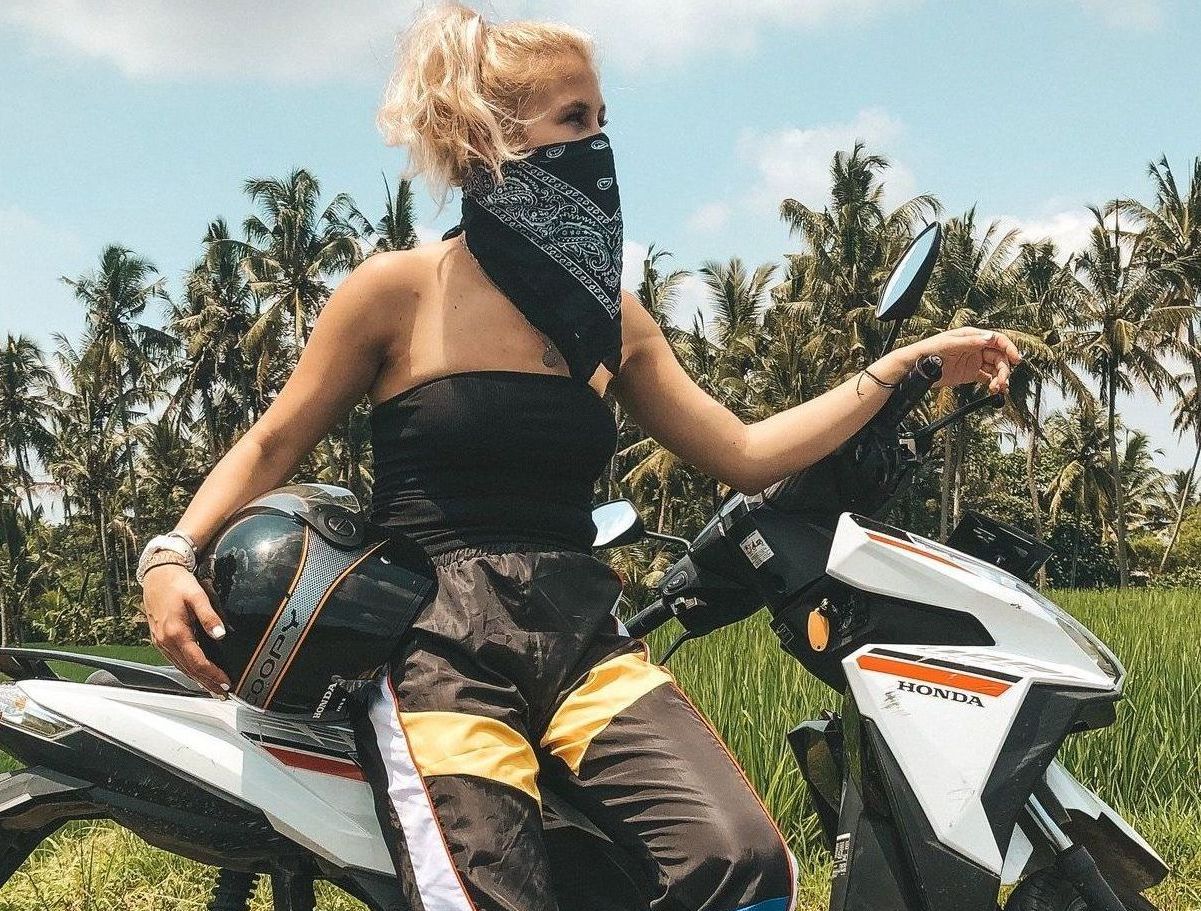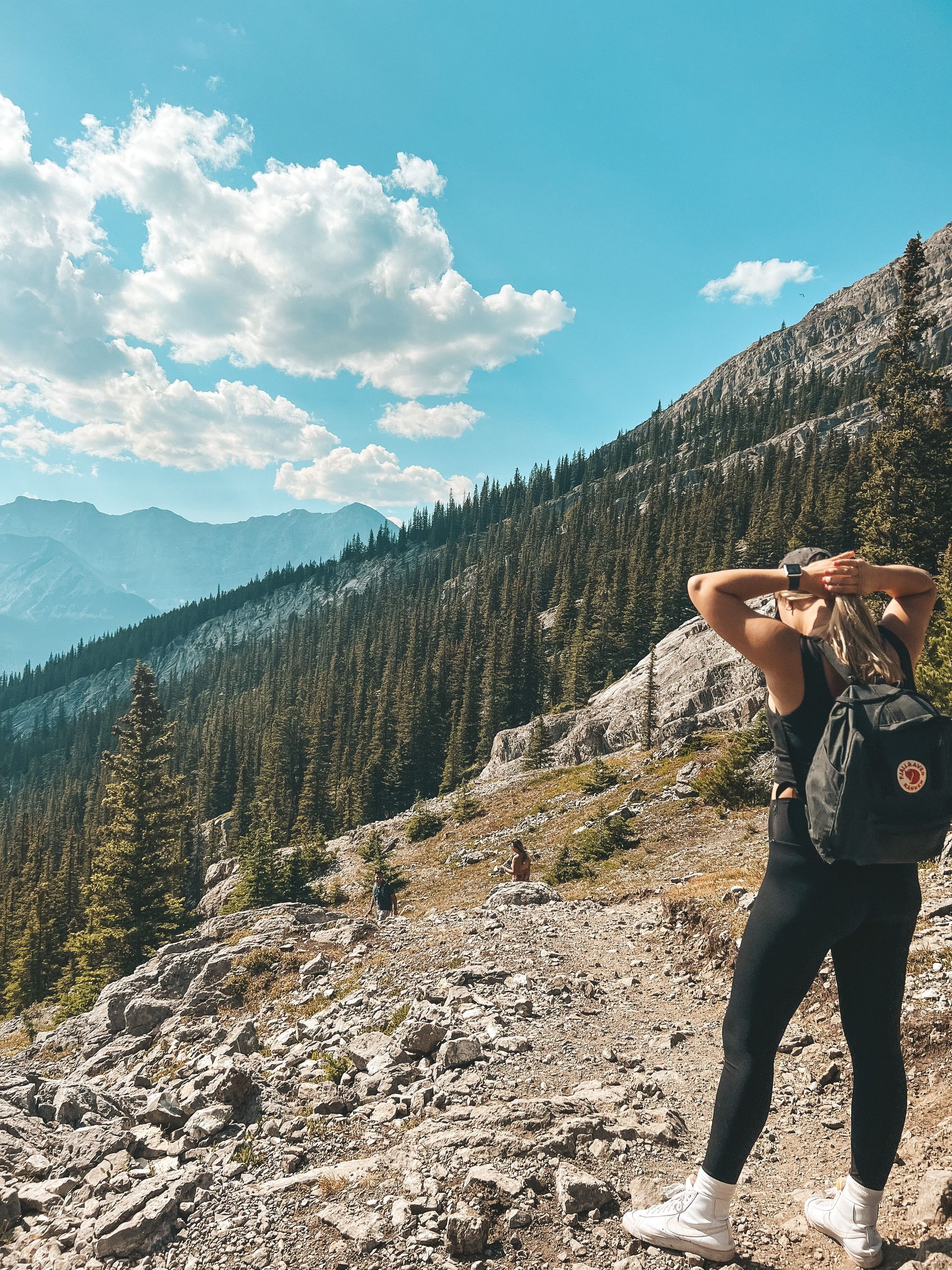Turkey Safety Guide 2025: Where to Go & Where to Avoid
Understanding the Best & Safest Places to Visit in Turkey This Year
Answering the question: "How safe is turkey for travel in 2025?"
Turkey was founded on October 29th, 1923 with Ankara as its official capital. Since then, millions of individuals have migrated to this Middle Eastern country in hopes of a safer environment with better opportunities. This is mainly because Turkey has acted as the largest refugee hosting country in the world for over seven years, especially for families from countries such as Afghanistan, Syria, Iraq, and Iran. In addition, millions of travelers have been attracted to Turkey to experience the unique mix of cultures, since Turkey possesses both Asian and European influences.
However, since the early 2010’s, tourism numbers have decreased. For countless years, the media has focused on the unsafe areas of Turkey (namely near the Syrian border), where terrorist organizations like Daesh, PKK, and a few other far-left groups remain active. This has then brought the same questions to curious travelers hoping to explore this area: “Is Turkey safe?”
I’m here to tell you that after extensive research and months of following global news outlets amidst the COVID-19 pandemic, I traveled to Turkey. Below is a list of safe areas I’ve composed while traveling through this country as a 20-something, blonde American girl with only a boyfriend in tow:
1. Bodrum
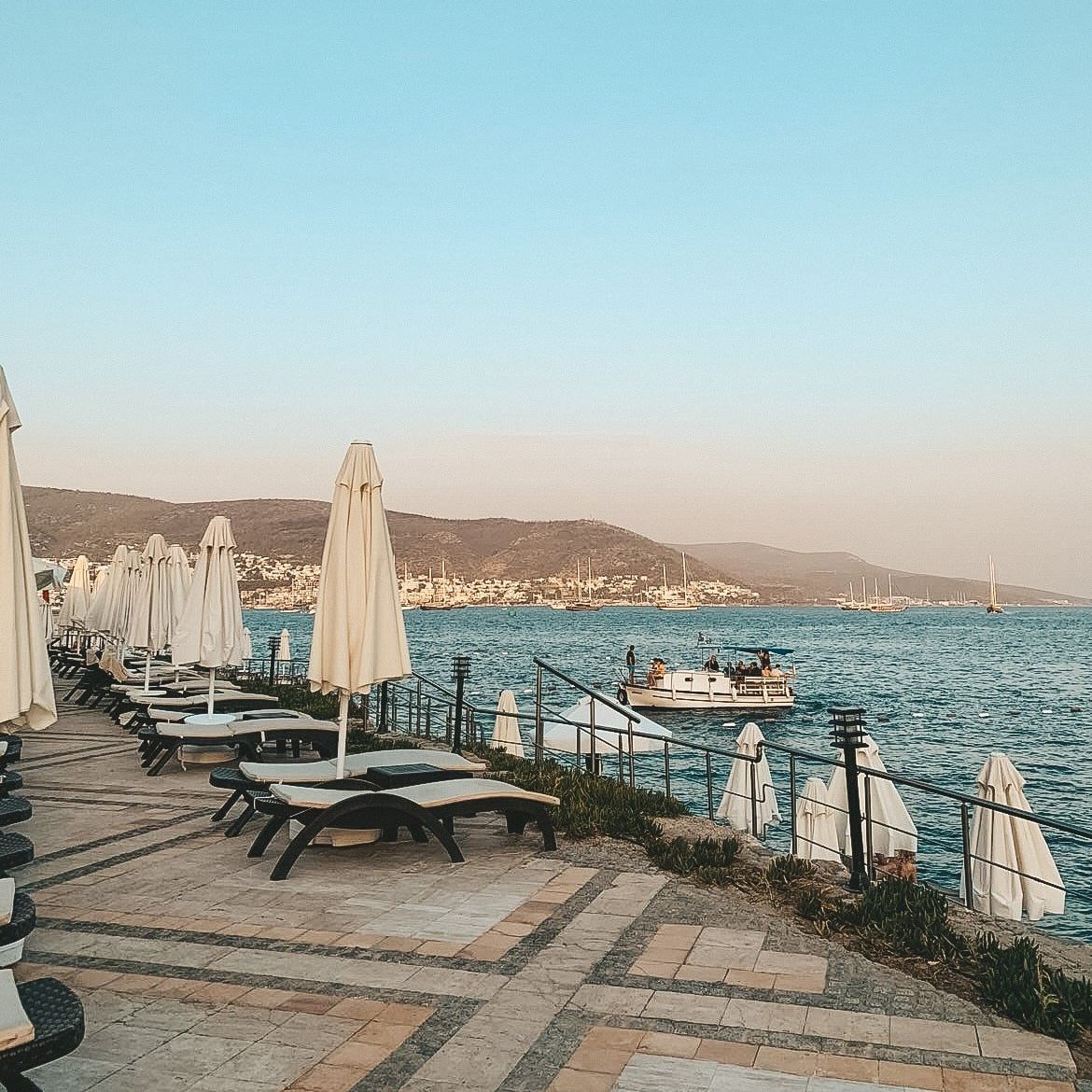
Whenever I see pictures of Bodrum, I’m convinced that the “B” stands for beautiful beaches. No, really! Since Bodrum is so close to the border of Greece, there are a number of Greek similarities in Bodrum. From the bright white dwellings to the iridescent blue-hued waters, this coastal Turkish town is one that attracts approximately 1.5 million visitors per year. If you’re a beach lover, this area is both a safe and relaxing spot to enjoy a holiday. While I’ve never been to this region, I have multiple friends who frequently visit Bodrum as a vacation destination and absolutely love it. There's also a TON of things to do like
boat tours to swim at Orak Island (the water is insanely beautiful here),
a waterpark, or
you can even take a day trip to the Greek island of Kos!
2. Istanbul
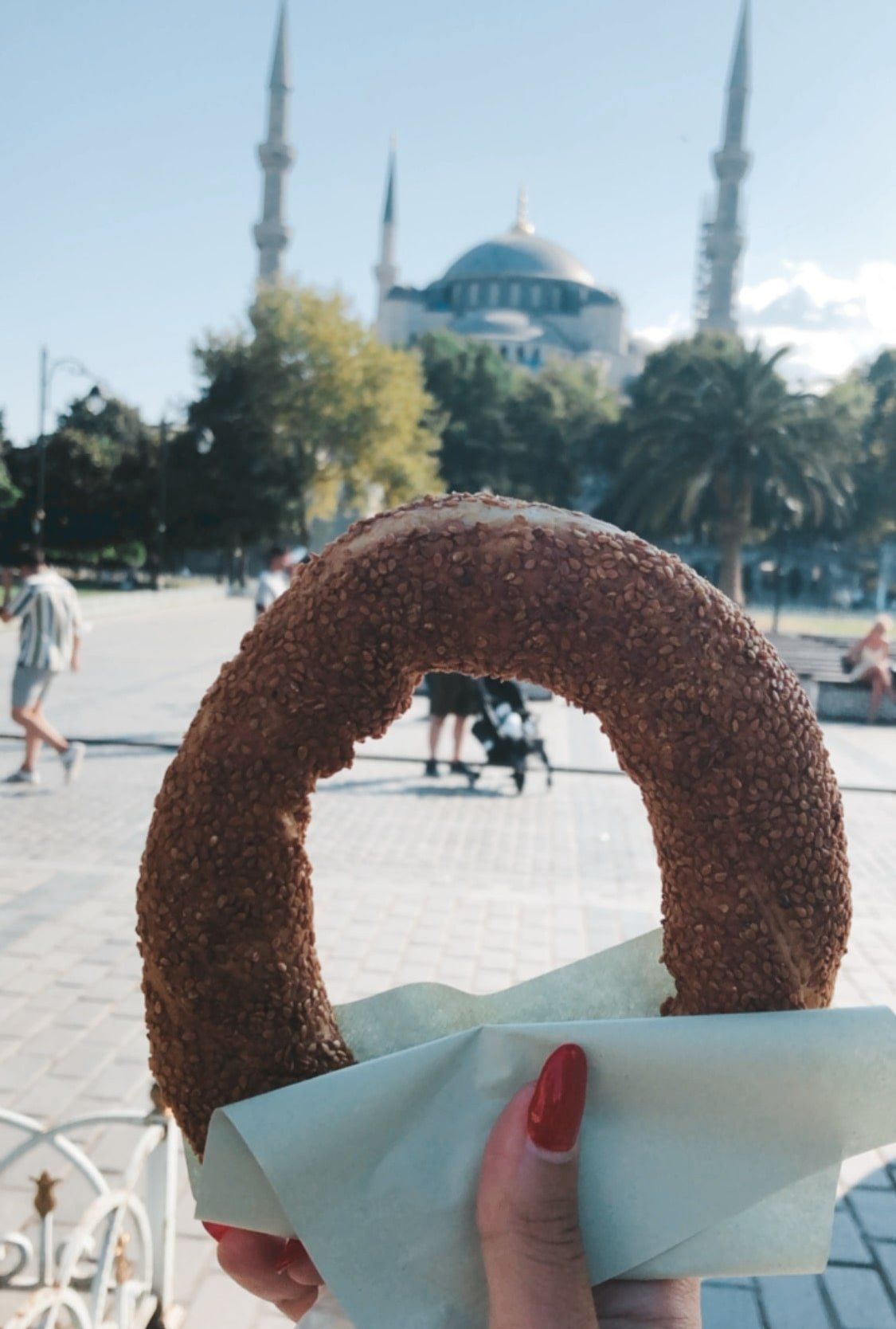
The former Constantinople, Istanbul is rich in history, culture, and cuisine. Split by the Bosphorus Strait that divides the two continents of Istanbul into the Asian and European sides, visitors come from near and far to:
tour the exquisite mosques (especially the Blue Mosque and Hagia Sofia)
shop the affordable deals and faux designer knockoffs at the Grand Bazaar
experience being in the only city that is shared by two continents!
I got the pleasure of visiting Istanbul during the summer. My boyfriend and I stayed in Fatih and would walk about 30 minutes into the heart of the city to explore the major tourist areas. This included stopping for simit (I was obsessed with these sesame seed bagels), shish kabobs, street corn, and anything else that caught our attention. If you're a foodie, definitely do a food tour to try some of these Turkish favorites! We met up with a guide, a man recommended by a friend who had visited Istanbul a few weeks prior, and he showed us everything we needed to know. He brought us on the metro, through the Grand Bazaar, into the Hagia Sofia, and out for Turkish delight. You can find a tour similar to this here. Throughout the entire 4 day span we stayed in Istanbul, we felt safe at almost all times. The only times I felt a little uneasy were walking at night through the city, especially if I wasn’t dressed in traditional garb with my platinum hair covered up.
While I had a great and safe experience in Istanbul, it is important to understand that Istanbul has been experiencing issues with counterfeit alcohol in 2025. If you are going to visit, be vigilant when it comes to what you are drinking. If the alcohol seems so cheap that it's too good to be true, it probably is. If you want to exercise extreme caution, I would recommend not drinking at all.
3. Cappadocia
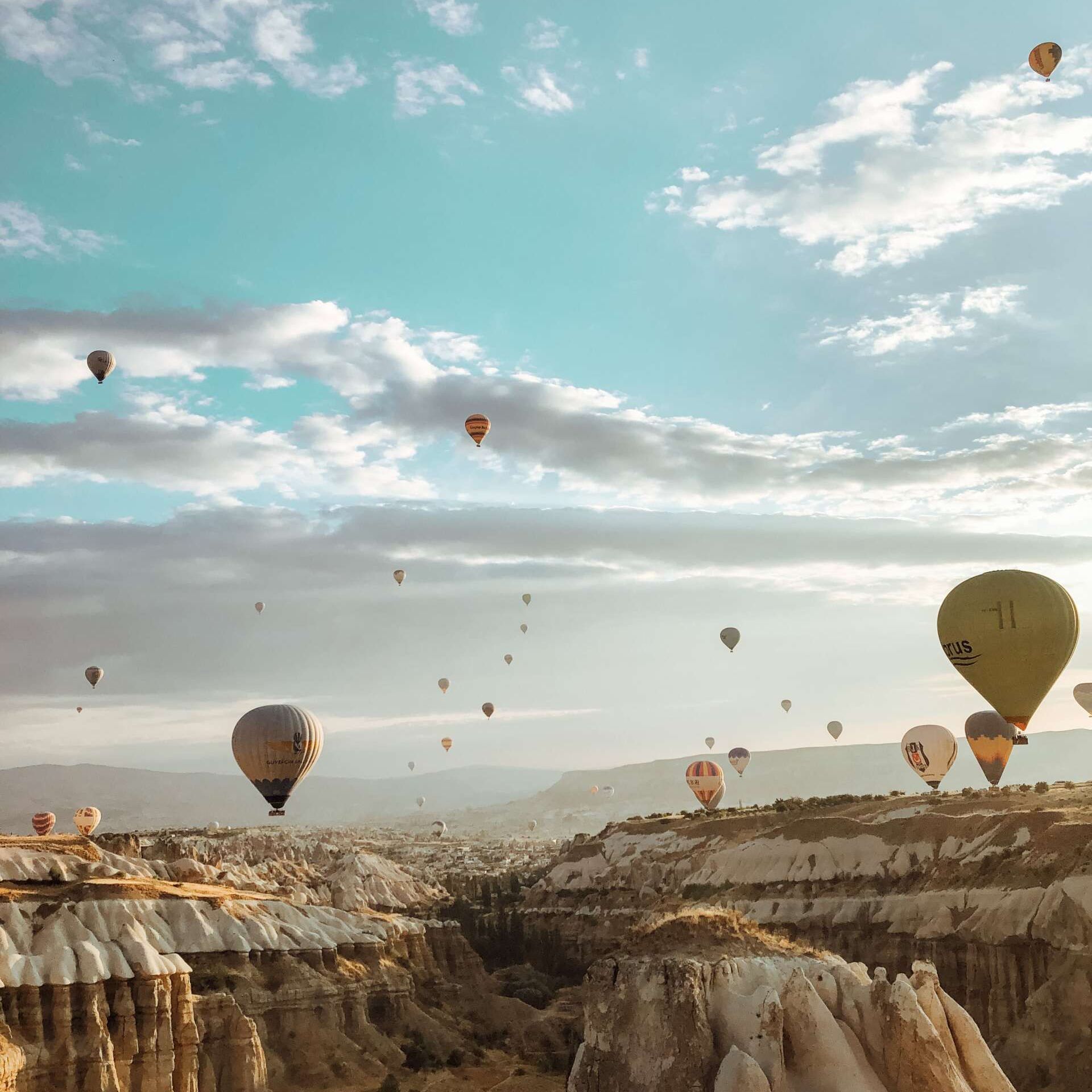
Cappadocia is one of the most popular tourist destinations in the world. From Martha Stewart to the Kardashians, even celebrities come to this region to
experience a hot air balloon ride in Pigeon Valley or to
see the Open Air Museum. (You’re probably thinking: If that’s the case, how unsafe can it be, right?) Fortunately for everyone with Cappadocia at the top of their bucket list, this area is one of the safest in the entire country. Out of all the towns and cities I visited in Turkey, Cappadocia was where I felt the safest by far. It is such a tourist destination that practically everywhere you look there is a souvenir shop, restaurant, excursion shop, or
cave hotel. This is also the only place besides Antalya where I felt comfortable enough to wear mid length dresses and skirts. No matter what, if you are visiting Turkey, you can rest easy knowing that this area is safe, affordable, and totally worth visiting.
4. Antalya
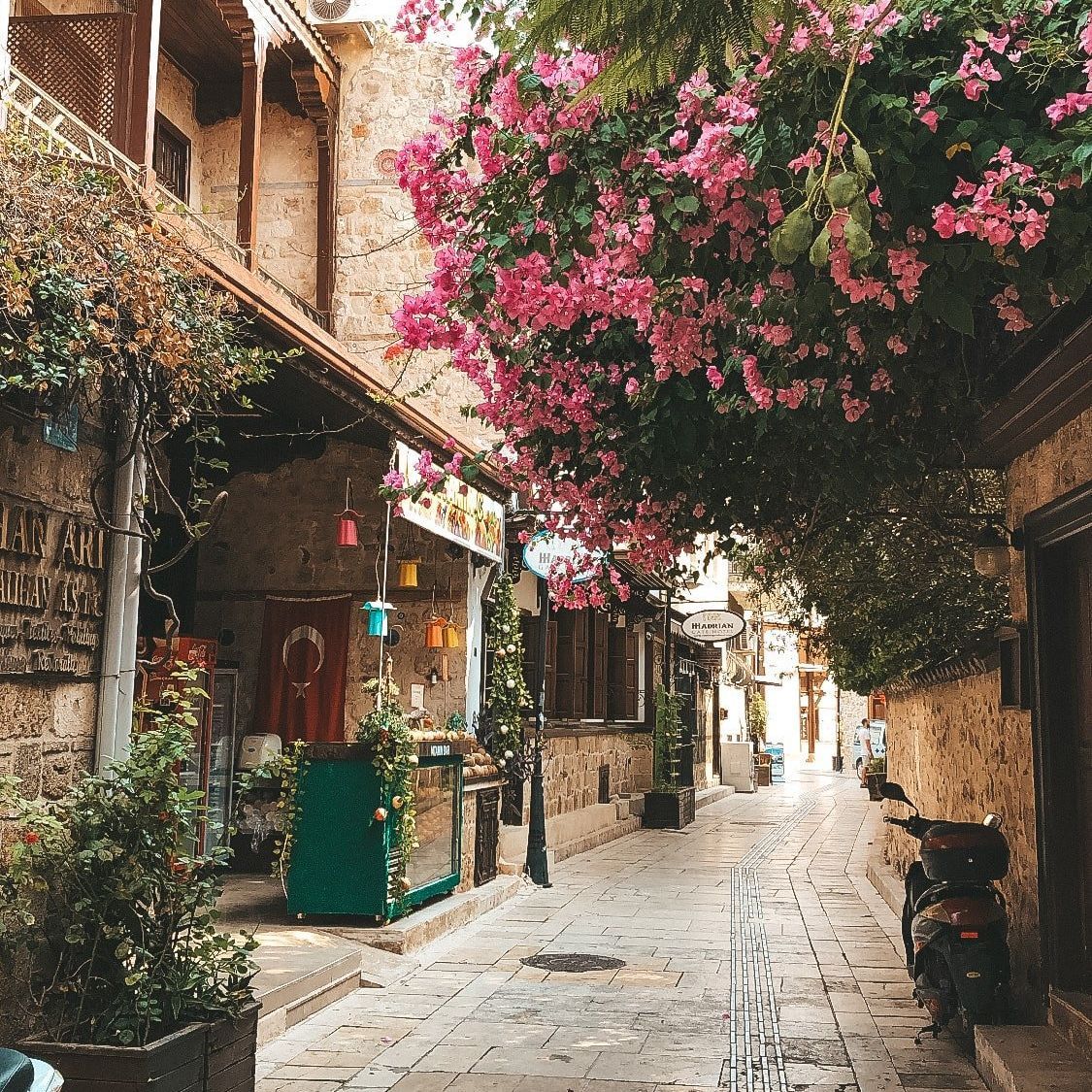
Another popular beach town is Antalya. Located in the southern region of Turkey, Antalya is filled with Russian tourists looking for a break from everyday life to relax, tan, and explore.
Personally, I loved visiting this area! On our first day in Antalya,
we stayed in Kaleici (the Old Town), roamed, and took as many pictures as possible to send to the family (especially of all the cats). We appreciated this area with little restaurants and felt like the nightlife was very encouraging for tourists. After that, we left for an all-inclusive stay on the water and stayed there to swim and tan before all the true adventuring began. I’ll admit that the only venture we did after arriving at the hotel was to lay on a few popular beaches I had been dying to go to (namely Mermerli Beach) but I think we would’ve recommended it no matter what! This means that if you’re a beach bum, sun worshiper, or all-inclusive vacation junkie, Antalya is a holiday spot similar in both safety and sand to Bodrum. There's also just as many things to do in Antalya: from
waterfall tours to
ziplining, rafting, and Jeep tours, this is a safe place regardless of if you are traveling alone, with friends, or with your family and younger children.
5. Pamukkale

Please note: the statistics below are for Denizli, a town located close to Pamukkale.
Pamukkale is a town in western Turkey known for its natural thermal pools. The Travertines of Pamukkale attract hundreds of thousands of visitors each year looking to swim in the warm water and enjoy the view. While I personally did not go here because we didn't have time, it's a super popular spot and I do plan on visiting in the future. If you're looking to make this visit part of your spot, they offer a bunch of great tours including this one from Antalya for a day trip!
Basic Safety Tips When Traveling Turkey
While there are towns and cities within Turkey that are safe, I’d like to highlight that tourists should practice basic precautions wherever they travel to this country. These include:
Try not to wear eye-catching jewelry. As a tourist, it is typically best to not wear or even bring your fanciest and most expensive jewelry. Items made of real gold or diamonds can attract attention and possibly thieves. The last thing you want is to be mugged on vacation by someone trying to take your gold watch!
Keep your wallet in a safe and hard-to-reach spot. For men, this may be the front pocket of their pants, and for women in a cross-body bag that’s wrapped in front of them.
Always have a picture of your license and passport. Even if you don’t travel with your ID and leave these things at your accommodation, carry a photocopy at the least.
Bring a portable charger. Many of us rely on our phones when traveling to pull up Google Maps or call a car. We can’t do this if our phones are dead! One of the best ways to minimize your risk of unsafe situations in a foreign country is to be prepared with things like phone charges and portables.
Try not to travel alone at night. While many of the areas I mentioned above are safe for travelers at all times of the day, the risk of finding yourself in a dangerous situation is typically higher at night. For this reason, I would advise trying not to walk around as much during the night unless you are in a group or have other forms of reliable transportation, especially as a woman.
Dress like the locals. This tip applies to both men and women traveling to Turkey, but as a woman who experienced this firsthand while there, I believe it is even more essential for women. Try to fit in! Cover up your hair, shoulders, cleavage, and legs, as much as possible. The more you seem to fit into the public, the less likely you are to get picked out of a crowd by pickpocketers.
List of Unsafe Areas in Turkey in 2025
It is no secret- Turkey shares a border with a number of countries, and not every single one is entirely safe for travelers. In the northwest, Turkey’s border is shared with countries such as Bulgaria and Greece. These countries are generally safe for tourist travel, which is why it is not surprising that many towns and cities located in the northwest of Turkey are also safe. However, the southern and eastern border of Turkey is shared with Iran, Iraq, and Syria. All three of these countries are war torn countries that are deemed as level 4 areas with strict government advisories that tourists should not visit these areas. Because of this, I believe a good rule of thumb to remember is to try to stay in the southeastern and eastern parts of Turkey and away from any parts near the Syrian border. The eastern areas are also known to have a high level of terrorist activity. If you're looking for a comprehensive list of towns, cities, and provinces to avoid in Turkey, here is an updated list as of 2025 that the government does not advise traveling to due to terrorism and other safety issues:
Şırnak province
Hakkâri province
Tunceli
Bingöl
Muş
Is Turkey Safe To Travel to as a Solo Traveler?
While most people will tell you that it IS safe to visit Turkey as a solo traveler, I can't help but think that this question doesn't solicit an easy "yes or no" type of answer. To me, whenever I hear a question about solo traveling, I think of the experience a woman traveling solo would have versus a man traveling solo. I can see a man having no problem traveling to Turkey solo, but I think in order for a woman to travel to Turkey alone she would need to stay very vigilant, especially with the clothes she wore and when walking at night.
IS IT SAFE TO TRAVEL TO TURKEY AS A WOMAN?
Yes, Turkey is safe to travel to as a woman, whether you are going solo or not. As long as you stay in safer areas, like the ones mentioned above, dress modestly, and try not to go out at night, you should be fine. As a woman, my main problem when traveling to Turkey was my clothes.
When I traveled to Turkey in August with my boyfriend Dorian, I was careful to pack outfits that didn't show too much skin. This included long dresses that covered my shoulders and went down to my knees, pants, high-cut shirts, and more. I also packed shorts and T-shirts for when we were exploring the beach region. During our stay in Antalya, which is a beach resort town, I wore shorts and a t-shirt the whole time and never really got stared at. I believe that this is because the majority of the people around were Russian tourists. Once we went to stay in Cappadocia, I started to get laughed at in public for wearing shorts, so that's when I switched to wearing the clothes I brought with more coverage. Could I get away with wearing shorter things and the type of outfits I'd wear in the U.S.? Yes. But again, Cappadocia was also a major tourist area. Finally, once we got to Istanbul, I was pretty much stared at 24/7. No matter what I wore I was laughed at and pointed at. I did not feel comfortable going out in public here as much as I did in the other two regions, and I don't think that I would ever feel safe walking through Istanbul at night alone. Therefore, I would say that I would personally not feel comfortable traveling here solo, but I was also a bleach blonde, 22-year-old American woman when I visited, and that was just my personal experience.
Is Turkey Safe To Travel to for LGBTQ/ Gay People?
Turkey does not outlaw homosexuality, but the country does not offer any legal protection to LGBTQ citizens or tourists. It is also important to understand that Turkey does not recognize same-sex marriages, civil unions, or domestic partnership benefits. Turkey has a large Muslim population that frowns upon public displays of affection, whether you're in a heterosexual or homosexual relationship. This basically means that if you're planning to travel to Turkey and you identify as an LGBTQ person, I'd advise keeping any public displays of affection to a minimum for both your safety and comfort.
More Information
To learn more about whether or not Turkey is safe to visit when you are planning on traveling there, I encourage you to follow the current COVID-19 advisories, as well as trustworthy global news outlets. While the places mentioned above may be safe most of the time, all it takes is one incident or natural disaster to occur (take the fires burning in Turkey during summer of 2022 as an example) for it to become unsafe to travel to. Otherwise, happy planning!
Destinations
Subscribe for Weekly Travel Tips & Guides
Sign up and stay up-to-date about what's happening at our site.
We will get back to you as soon as possible
Please try again later
Visiting istanbul's black market, a sunrise breakfast in cappadocia & an (inappropriate?) turkish bath
On today’s guest episode, my boyfriend Dorian and I get into ALLLL the details of our trip visiting famous regions in Turkey: Antalya, Cappadocia, and Istanbul. From staying in a Russian (yes, Russian😂) beach resort and a surprise sunrise bfast in a valley with hundreds of hot air balloons to sneaking in to the elusive Turkish black market and Dorian’s (inappropriate?) Turkish bath with me in the same room, it was the trip of a lifetime that we’re so excited to share with you! We have no doubt that you’ll be entertained, and maybe you even learn a thing or two 👀
Related Posts
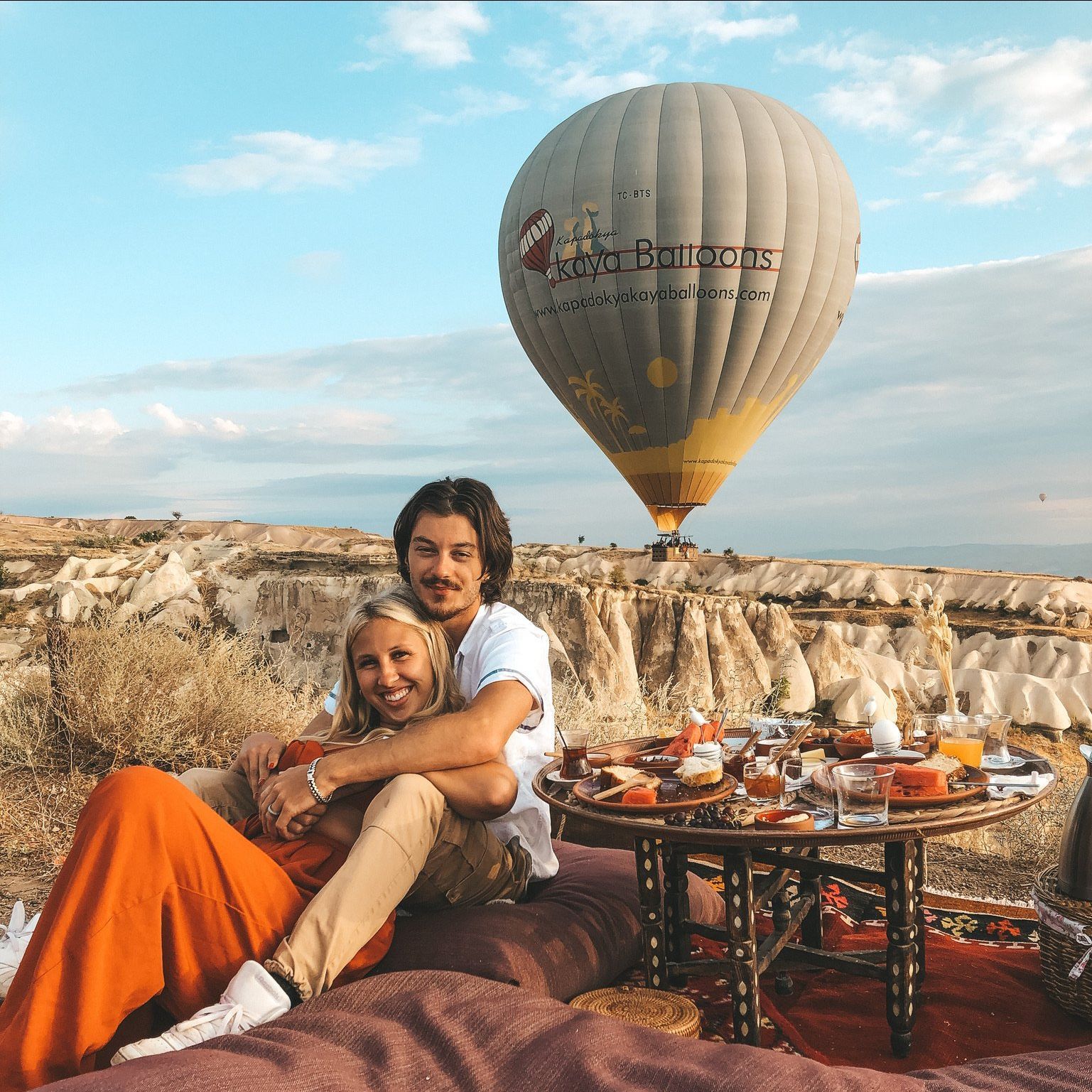
20 Things To Do When You Visit Cappadocia, Turkey
If you are looking to visit Cappadocia in Turkey, this comprehensive guide is a great place to start when planning what to do on your trip!
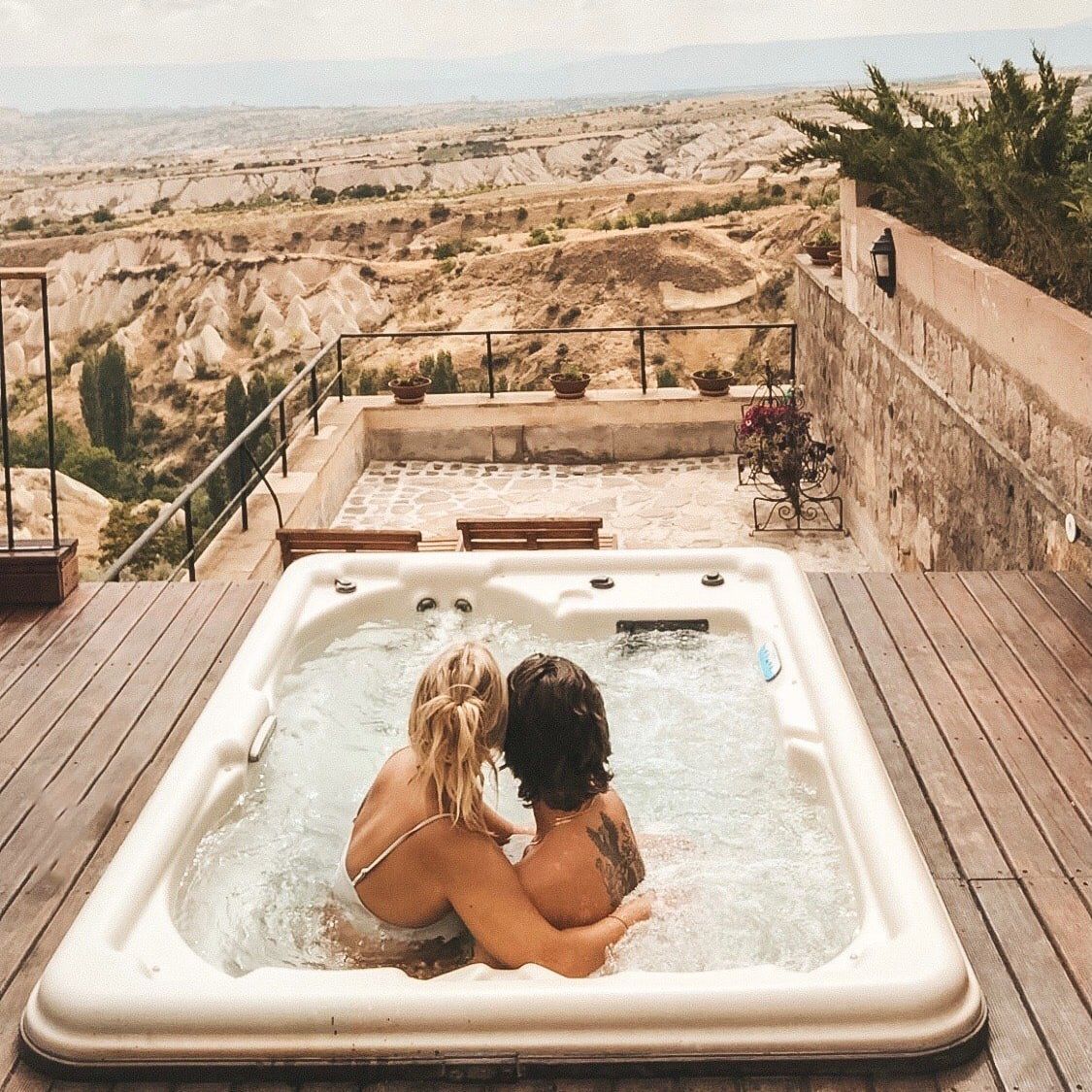
BUDGET CAVE HOTELS TO STAY AT IN CAPPADOCIA
If you’ve finally booked that oh-so-coveted plane ticket to this historical region and you're looking for help figuring out where to stay, check out the coolest cave hotels to date.
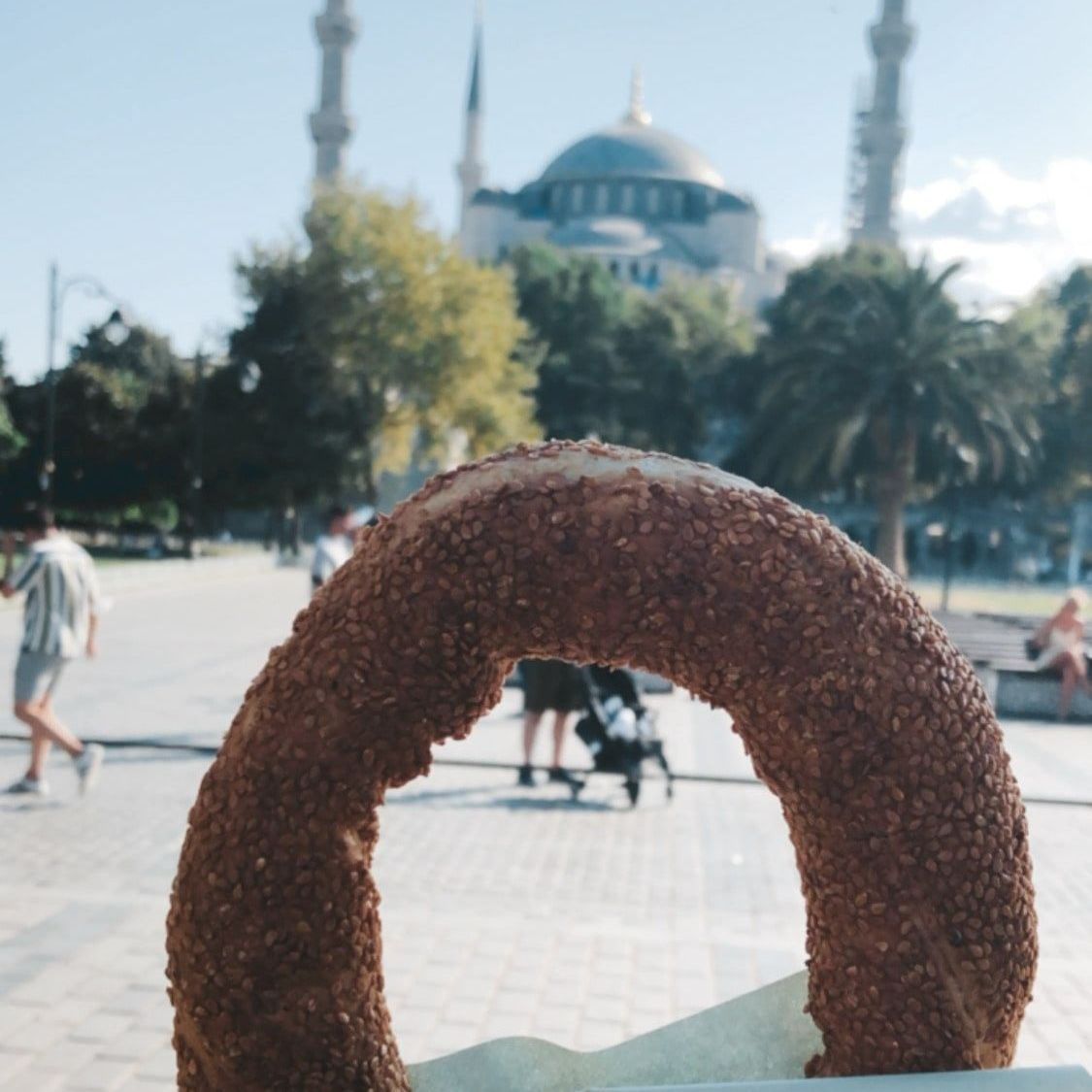
6 Street Foods To Try in Istanbul
Street food is one of the main pillars of cuisine when it comes to Turkish food, so if you're planning a trip to Turkey, make sure to put these foods on your list to experience!
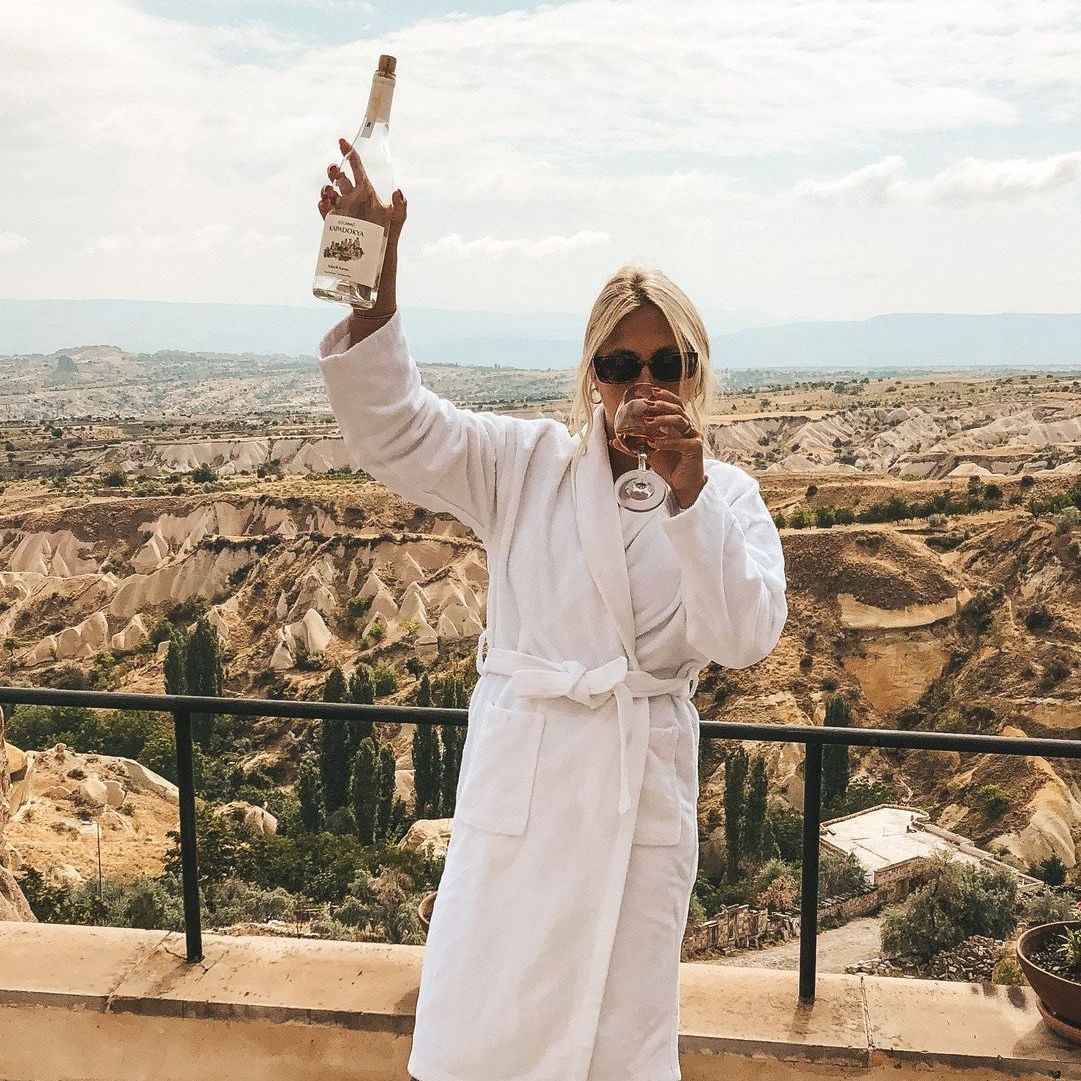
What To Know When Traveling to Turkey
Going from the United States to any destination in the Middle East, regardless of the country, can be a major culture shock. That's where I come in!

LOOKING TO LEARN MORE ABOUT TURKEY?
Before you buy a plane ticket to visit Turkey, it's important to know what to expect. From the language and currency to the time difference, find general info by clicking below.

Have questions about your trip to TURKEY?
Traveling to Turkey and want to learn a little more about a specific place or topic? Send me a message! I'd love to help you out in any way that I can. Click below to contact me!
You Ask & I Answer
Frequently Asked Questions
-
What are the biggest threats to travelers in Turkey?
The biggest threats to travelers in Turkey are crime and political instability. Crime, especially petty crime such as pickpocketing and theft, is a problem in many parts of the country. Political instability can also be a concern, as Turkey has a history of military coups and terrorist attacks.
-
What can I do to stay safe while traveling in Turkey?
There are a few things you can do to stay safe while traveling in Turkey. First, research your destination in advance and be aware of the most dangerous areas. Second, take precautions such as not carrying valuables with you and being cautious when using ATMs or credit cards. Finally, stay up-to-date on the latest travel advisories from your government and make sure to have comprehensive travel insurance.
-
What should I do if I experience crime or political violence while in Turkey?
If you experience crime or political violence while in Turkey, the best thing to do is to contact the local police or your embassy immediately. They will be able to help you file a report and get the assistance you need.
-
What are the safest places to visit in Turkey?
There are many safe places to visit in Turkey. Some of the safest places include the cities of Istanbul and Ankara, as well as the coastal resort towns of Bodrum and Marmaris. These areas have relatively low crime rates and are typically quite stable politically.
-
Is Turkey safe for female travelers?
Turkey is considered safe for female travelers, but there are a few things to keep in mind. First, dress modestly and avoid revealing clothing. Second, be aware of your surroundings and avoid walking alone at night. Finally, make sure to have comprehensive travel insurance in case of any problems.
-
Is it safe to visit Turkey as an American?
Yes, it is safe to visit Turkey as an American. However, it is important to be aware of the current political situation and take precautions while traveling. The best way to stay up-to-date on the latest travel advisories is to follow the U.S. Department of State’s website.
-
Is turkey safe to travel to for LGBTQ/ gay people?
Turkey does not outlaw homosexuality, but the country does not offer any legal protection to LGBTQ citizens or tourists. It is important to understand that Turkey does not recognise same-sex marriages, civil unions or domestic partnership benefits. It's also significant to understand that Turkey has a large muslim population that frowns upon public displays of affection, whether you're in a heterosexual or homosexual relationship. If you're planning to travel to Turkey and you identify as an LGBTQ person, I'd advise keeping any public displays of affection to a minumum for both your safety and comfort.
The Traveling Twin is a participant in the Amazon Services LLC Associates Program, an affiliate advertising program designed to provide a means for sites to earn advertising fees by advertising and linking to Amazon.com.
All Rights Reserved | The Traveling Twin


